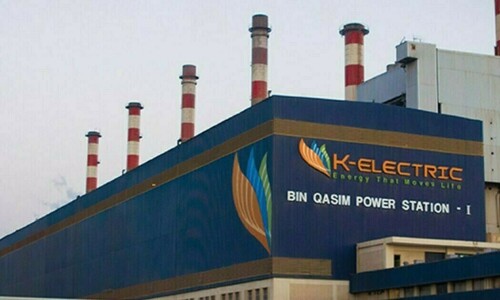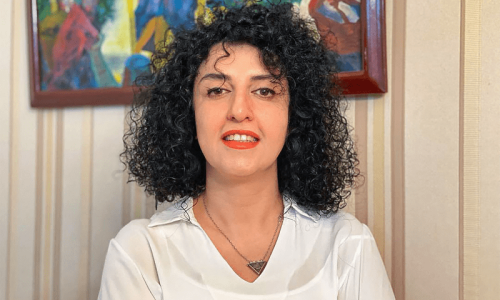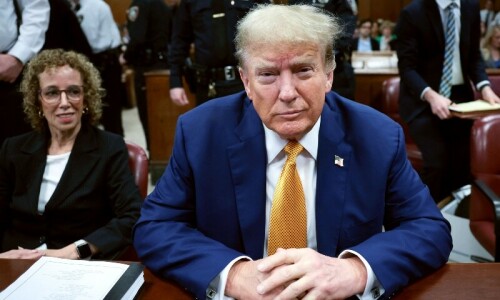KUWAIT CITY, Oct 16: Arab stock markets fell on Thursday for a second day, led by a more than six per cent plunge on the Dubai Financial Market, as recession fears continue to haunt the global economy.
The DMF Index was trading slightly off its lows in midday trade at 3,235.99, down 5.6 per cent, while the other United Arab Emirates stock market, Abu Dhabi Securities Exchange saw its index drop 4.7 per cent to 3,361.44 points.
Dubai’s market leader, real estate developer Emaar, shed 7.5 per cent as the sector as a whole dropped 7.9 per cent. In Abu Dhabi, the real estate market was 9.5 per cent lower.
The small Muscat Securities Market shed 5.8 per cent.
The Kuwait Stock Exchange, the second-largest Arab bourse, dropped by about two per cent to 11,475.80 points.
The Doha Securities Market was 3.6 per cent lower and was trading below the key 8,000-point mark, while Bahrain Stock Exchange managed a tiny increase of just 1.1 per cent.
The Saudi market is closed for the weekend. The Gulf’s largest exchange had recovered more than $55 billion of capitalisation over the past three days to swell its value to $360 billion.
Egypt’s CASE-30 stock index dipped 3.86 per cent to 5,742 points in early trading on Wednesday, the second day of losses in line with exchanges around the world amid fears of recession.
The key index had dropped 3.15 per cent to 5,945 points on Wednesday amid concern for the global economy, after two days of strong gains spurred by government moves to shore up the financial system.
Governments in the oil-rich region have taken steps to support their financial systems after stock markets sustained huge losses last week.
On Tuesday, the UAE made 19 billion dollars available to local banks, bringing to $32 billion the total pledged since the beginning of the crisis.
On Sunday, it had guaranteed deposits and savings at banks operating in the country, as well as interbank lending.
Saudi Arabia, Kuwait and Bahrain have slashed interest rates, pledged tens of billions of dollars of liquidity to domestic banks and eased lending restrictions. Qatar also decided to buy between 10 per cent and 20 per cent of banking shares.—AFP















































Dear visitor, the comments section is undergoing an overhaul and will return soon.